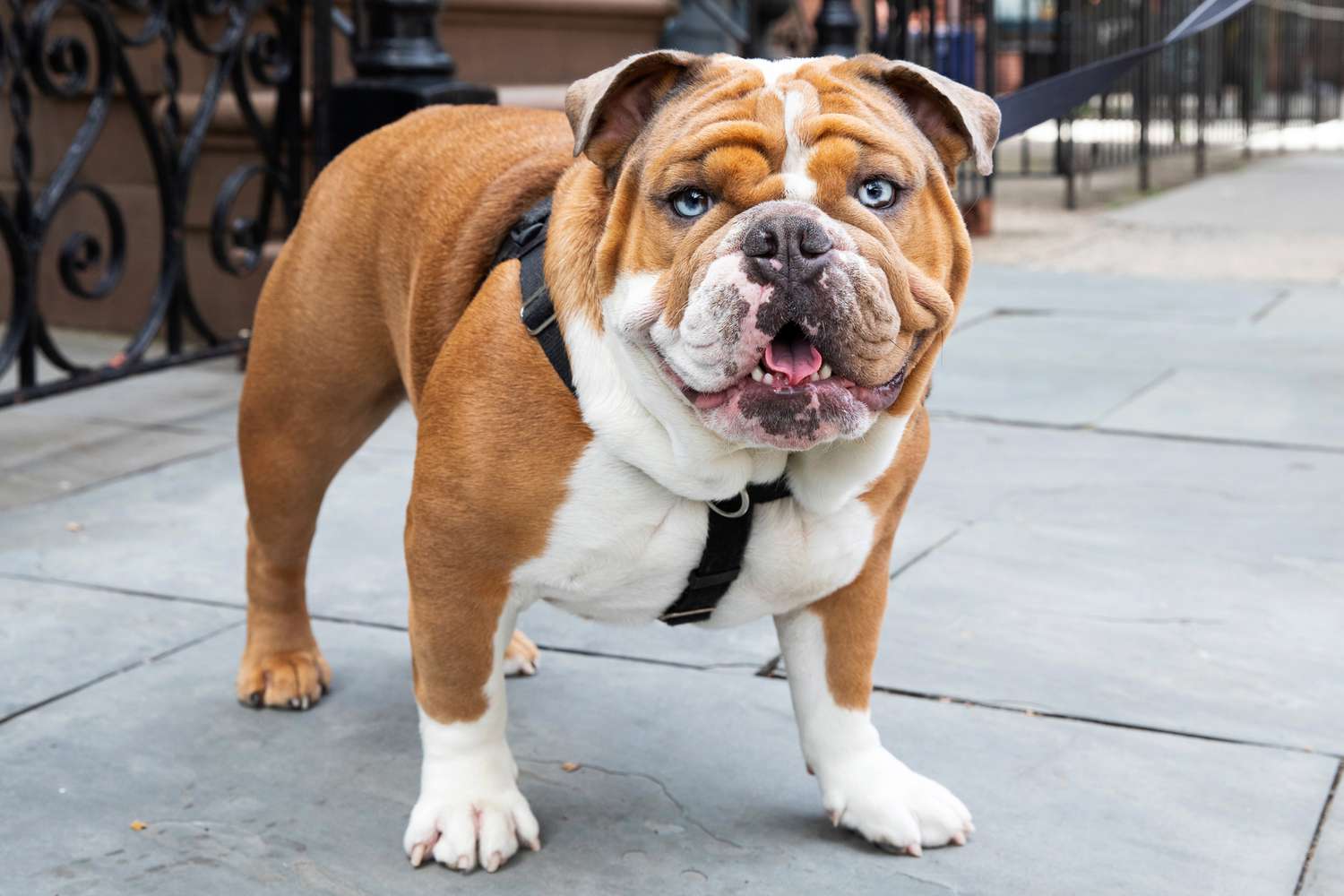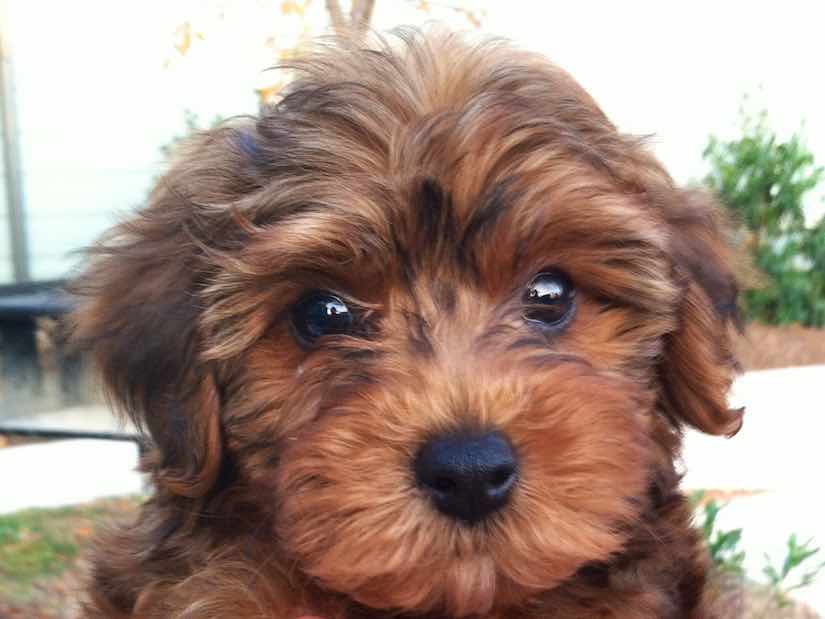
This is the place to go if you're interested in adopting a small breed dog. Find out more about French Bulldogs. Bichon Frises and Cocker Spaniels. Each breed is different and each requires different amounts of exercise and grooming.
Cocker Spaniels
Cocker Spaniels make a great addition for your family. They are not hypoallergenic and tend to shed a great deal of hair. This could pose a problem if you have allergies.
There are several eye diseases that could cause blindness in your Cocker. Progressive retinal atrophy, a disease in which the cells in the retina become progressively damaged, can cause blindness. Glaucoma, where pressure builds up within the eyes, is another condition that can affect Cockers. These problems can be treated with a variety of treatments. If your dog displays any of these symptoms, your vet will recommend the best treatment.
Mini American Shepherds
Mini American Shepherds are small breed dogs with a heavy double coat. These dogs shed a lot because of their double coat. They need to be brushed daily to keep their coats looking clean. They should be bathed approximately once per month. You should also conduct regular ear checks.

American Shepherds miniature are known for their intelligence and athleticism. Their medium-length, merle-patterned coats are very similar to Australian shepherds. Their coats have dense undercoats and a double-coated design. They also have mild feathering on their legs.
Bichon Frise
Bichon Frises are a small breed, low-shedding dog that can live in many different environments. This small breed of dog requires constant interaction from humans and should be treated like an important member of the family. Bichon Frises are not suitable for families that have children. They are notoriously sensitive to noise, and they will not be happy in noisy environments.
A Bichon Frise is an intelligent, highly social dog. It is very affectionate and thrives with lots of attention. These small dogs can be adapted for apartment living and novice dog owners. They need to be active and playful, and they don't like being left alone for long periods of time. They are loving, affectionate, and highly intelligent.
French Bulldog
French Bulldog is a small breed that was developed in France. They can be used as a companion dog or toy dog. The French Bulldog was born in the middle of the 19th century. It is a crossbreed between Toy Bulldogs from England and Parisian rats.
The French Bulldog's coat is short and they shed quite often. They are easy to groom and require only a bath every four to six weeks. The French Bulldog breed typically weighs between 11 and 13 pounds. Their life expectancy ranges from nine to eleven.
Chihuahua

Chihuahuas, a small breed dog, originated in Mexico. The breed was named after Chihuahua state. It is one of the smallest dogs in the world. They are commonly kept as companions and for show.
Chihuahuas have a lively personality and love being around their owners. They are playful, bold, proud, adventurous, and love snuggling. They can also be stubborn and strong-willed if they are not given the right leadership.
Beagle
The Beagle is an excellent choice for an indoor small dog, as it is fairly low-maintenance. This small breed sheds quite a bit, but it doesn't require frequent trips to the groomer or a bath. It is necessary to brush your dog's fur at least once per week. You should also brush your dog’s ears and trim its nail nails regularly. Most beagles do not need annual wellness visits, although some may need more frequent grooming.
The Beagle's unique body structure can result in some health problems, including a tendency to gain weight. This body type can lead to hip dysplasia in dogs with it. Hip dysplasia occurs when the socket and the joint don't grow at the same pace.
FAQ
How do I know if my dog has fleas?
Your pet may be suffering from fleas if he/she is constantly scratching his fur, licking himself excessively, or looks dull and untidy.
Flea infestations could also be suspected if you notice redness on your pet’s skin.
It is important to take your pet immediately to a veterinarian for treatment.
What are the responsibilities for pet owners?
An owner of a pet must love their pet unconditionally. They must provide for their basic needs like shelter, water and food.
They must also teach their pets how to behave. A pet owner should not abuse it or neglect it.
He should be responsible enough to clean up after it.
What are the things you should consider when buying a pet?
It is important to decide what kind of lifestyle and activities you would like for your family. Do you have children? If yes, how many? How old are they now Are there any special dietary requirements for them?
Do you have allergies? Do you have any other questions about your pet?
Once you have answered these questions, consider whether or not you are looking for an active companion dog, a calm cat or a house-trained feline.
Adopting a puppy is a great idea. Make sure to visit a rescue or shelter group so you can get to know the animals and feel at ease with them.
You'll also want to know if the animal has been vaccinated against rabies and other diseases.
Next, check with the owner to see if he/she will take care your animal while you're on vacation. This will allow you to leave your pet at home and not worry about it.
Keep in mind that pets are part and parcel of your family.
What kind should I feed my dog?
It is important to give your dog a healthy diet.
High-protein foods include chicken, beef and fish as well as eggs and dairy products.
Other foods that are high in carbohydrates include fruits, vegetables, bread, cereals, pasta, rice, potatoes, and beans.
Foods low in fat include lean meats such as poultry, fish, eggs, nuts, seeds and whole grains.
Before you give your dog different foods, make sure to consult your veterinarian.
Which pet is your favorite?
The best pet is the pet you love. There is no correct answer. Every individual has his/her own opinion on the best pet.
Some people believe that cats are better than dogs. Some people believe that dogs are more loving and loyal than cats. Others argue that birds make the best pets.
But whatever type of pet you choose, you must decide what kind of pet suits your personality.
For instance, if you're outgoing and friendly, then a dog would be perfect for you. A cat is the best choice for you if you are shy or reserved.
Also, consider the size of your apartment or house. If you have a small apartment, you will need a smaller pet. You'll need more space if you have a larger home.
Don't forget to give your pet lots of love and attention. They should be fed on a regular basis. They need to be taken for walks. They must be brushed regularly.
All these factors will enable you to select the best pet.
How to train a pet
When training a dog, cat, or other animal, consistency is key. You need to be consistent in how you treat them. If they think you're mean they won't trust you. They might also start to think that all people are mean.
If you are inconsistent in treating them, they won't know what to expect from you. This could lead to them becoming anxious around other humans.
Positive reinforcement is the best way to teach your cat or dog. If you reward your cat or dog for doing something well, they will desire to repeat the behavior.
If they are guilty of a crime, punishing them will be associated with bad behavior and not rewards.
Good behavior should be reinforced with treats, such as food and toys. Praise is a great way to reinforce good behavior.
You can use clickers to help train your pet. Clicking refers to a method where your pet taps on a button in order to let you know that he did well.
This works because animals can understand that clicking "good job" means "good luck".
You should show your pet how to do tricks first. You should then ask your pet to perform the trick and reward him.
He should be praised when he does it correctly. But don't overdo it. Be sure to praise him only once.
You should also set limits. Don't let your pet jump up on other people. Also, don't let your pet bite strangers.
Always supervise your pet to make sure he doesn’t hurt himself.
Statistics
- Reimbursement rates vary by insurer, but common rates range from 60% to 100% of your veterinary bill. (usnews.com)
- A 5% affiliation discount may apply to individuals who belong to select military, law enforcement, and service animal training organizations that have a relationship with Nationwide. (usnews.com)
- Here's a sobering reality: when you add up vaccinations, health exams, heartworm medications, litter, collars and leashes, food, and grooming, you can expect a bill of at least $1,000 a year, according to SSPCA. (bustle.com)
- Monthly costs are for a one-year-old female mixed-breed dog and an under one-year-old male domestic shorthair cat, respectively, in excellent health residing in Texas, with a $500 annual deductible, $5,000 annual benefit limit, and 90% reimbursement rate. (usnews.com)
- It is estimated that the average cost per year of owning a cat or dog is about $1,000. (sspca.org)
External Links
How To
How to choose a name for your pet.
The most important decision you will make when adopting an animal is choosing a name. You want your pet's name to reflect their personality.
Consider how other people may refer to them. If you are going to use their name during conversation, for instance. The last thing you need to think about is how you want to be referred. Do you prefer "pet" or "dog"?
Here are some tips to help you get started:
-
Name your dog a name that reflects its breed. Look up the names of the breeds if you know the breed (e.g. Labradoodle). Ask someone with a good knowledge of dogs to suggest a name.
-
Think about the meaning of the name. Some breeds were named after people or specific places, while others are just names. One Labrador Retriever was named Rover because he loved to run!
-
How would you like to be called? Do you prefer "dog" to "pet?" Are you more likely to call your dog "Puppy" than "Buddy?"
-
Include the first name of the owner. It makes sense to give your dog a name that includes your last name but doesn't limit yourself to only including your family members' names. Your dog could grow up to become a member of your family.
-
Many pets may have more than one name. A cat could have several names, depending on her location. At home, she could be called "Kitty Cat", but when visiting friends, "Molly". This is especially true when cats live outdoors. They often adopt their names to fit their environment.
-
Be creative There are no rules saying that you must stick to a specific naming convention. Make sure you choose something memorable and unique.
-
Check to make sure your chosen name hasn't been used by someone else or a group. You won't accidentally steal the identity of someone else!
-
Remember that choosing the right name for your pet can be difficult. Sometimes it takes time before you can determine if the name is right. Keep looking until you find that perfect name.